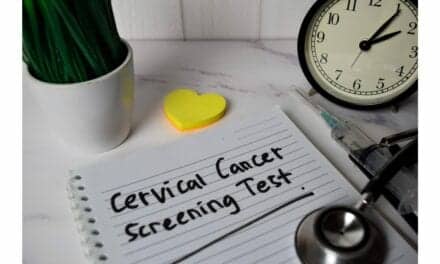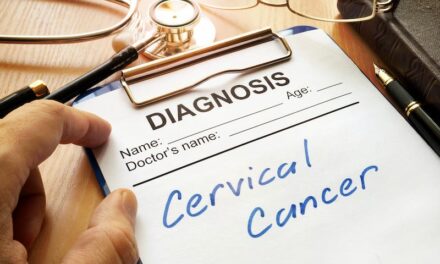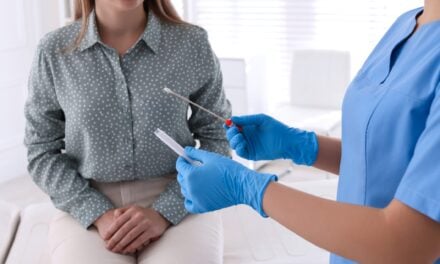Only 19% of Saudi Arabian women are diagnosed with stage I cervical cancer where survival rates are highest, according to a study published by the King Abdulaziz University.
To further motivate action to combat cervical cancer, BGI Genomics today released its State of Cervical Cancer Awareness Report in Saudi Arabia. This report assesses the level of knowledge, attitudes, and practices related to cervical cancer screening and HPV vaccination.
Further reading: Cervical Cancer Screening Doubled When Testing Kits Mailed
By examining these key areas, this survey seeks to highlight the associated barriers and opportunities. 1,878 female respondents from six countries and regions were surveyed: Brazil, the Chinese mainland, Saudi Arabia, Serbia, Thailand, and Uruguay.
Screening for Cervical Cancer
Approximately 55.8% of Saudi Arabian women never had a screening test, higher than the global average of 31.2%. In addition, 64.1% of young Saudi Arabian women aged 21 to 25 years old are deterred by meeting a male doctor performing a pap smear. This ranks first among the six countries in this study in both categories. Therefore, there is an urgent need to offer HPV DNA tests to women, especially young women, in addition to pap smear tests.
Other key takeaways from the report include:
HPV awareness affects cervical cancer screening rates: Among women who are unaware cervical cancer is often caused by HPV, 39.1% of them never undertaken cervical cancer screening which is higher than the global average of 31.2%.
Vaccination and screening form a virtuous cycle: For women who had the HPV vaccine, 82.1% had a cervical cancer screening, significantly higher than 60.6% of unvaccinated women. For women who had undergone screening, 45.8% received the HPV vaccine, which is higher relative to 22.1% of unscreened women. Informing women who missed national vaccination programs about where and when they could get vaccinated and screened is vital.
“Early cervical cancer detection is vital to save lives and eventually eliminate this dreaded disease in line with WHO’s global strategy,” says Zhang Lin, BGI Genomics senior product manager. “This study shows increased awareness of women could be the missing link to boost vaccination and screening rates further.”
To read and view country or region-level comparisons, please see link to access the full BGI Genomics State of Cervical Cancer Awareness Report 2023.
Featured image: BGI Genomics Global 2023 State of Cervical Cancer Awareness Report. Photo: BGI Genomics





